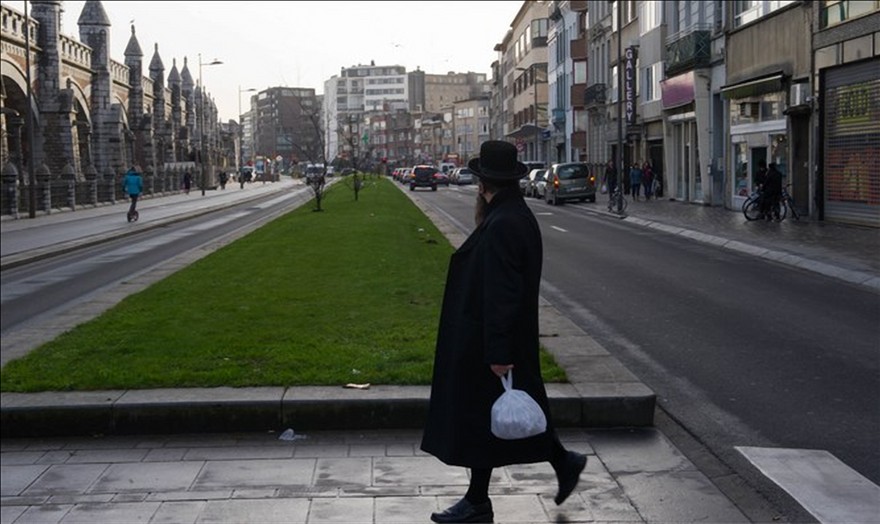Belgium makes Kosher illegal: Ban on Jewish ritual slaughter passes without opposition
 “The last assault on ritual slaughter was by the Nazis.”
“The last assault on ritual slaughter was by the Nazis.”
The Walloon Parliament in southern Belgium voted unanimously to ban the slaughter of unstunned animals, a requirement for both kosher and halal ritual slaughter.
Only the two Labor Party lawmakers in the 75-member plenum in Belgium’s largest region abstained in the vote Wednesday, La Libre Belgique reported.
Earlier this month, the environment committee of the Walloon Parliament voted unanimously for the ban, which takes effect on Sept. 1, 2019. Similar legislation has been proposed by the parliament in the northern Belgium Flanders or Flemish region. The federal kingdom of Belgium comprises those two regions and the capital, Brussels.
Shechitah, the ritual method of slaughtering animals, requires they be conscious when their throats are slit — a practice that critics say is cruel but which advocates insist is more humane than mechanized methods used in non-kosher abattoirs. Muslims slaughter animals in a similar method, albeit with fewer restrictions, to produce halal meat.
Last month, Philippe Markiewicz, president of the Consistoire organization of Belgian Jewry that is responsible for providing religious services, pleaded with Walloon region lawmakers not to “repeat the Nazis’ acts.”
“The last assault on ritual slaughter was in October 1940 under the Nazi occupation because they knew how important it was for Jews,” Markiewicz said during an address in the city of Namur at the Parliament of Wallonia. The statement was unusual because Jewish community officials rarely draw comparisons between present-day issues and the Nazi occupation, which remains a sensitive subject in Belgium.
The move in the Walloon region, which has only a few hundred Jews, follows an agreement in March that imposes limitations on ritual slaughter in the Flemish region, where half of Belgium’s Jewish population of 40,000 people live. The remaining 20,000 live in the Brussels region.
In Europe, the Jewish and Muslim customs have united opponents both from liberal circles who cite animal welfare as their main concern and right-wing nationalists who view the custom as foreign to their countries’ cultures.
